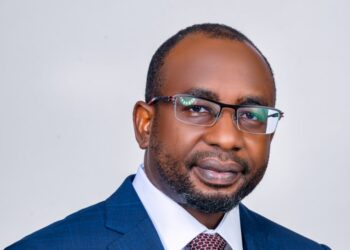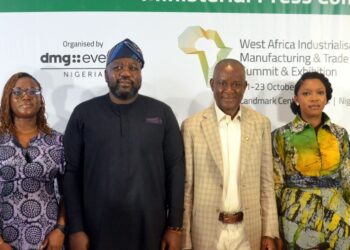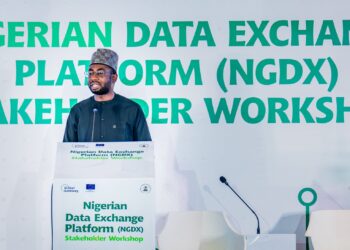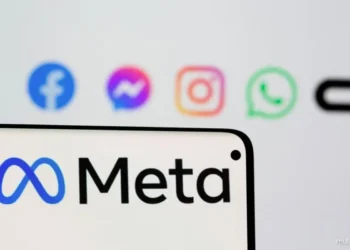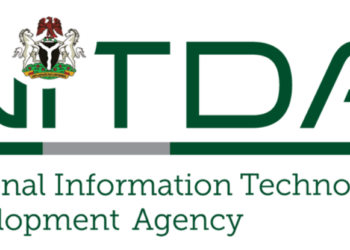The National Information Technology Development Agency (NITDA) has said that the digitization of Micro, Small and Medium Enterprises (MSMEs) could increase Nigeria’s Gross Domestic Product (GDP) by $53 billion.
The Director-General of NITDA, Mr Kashifu Inuwa, stated this during his visit to the GIZ/Digital Transformation Centre, Nigeria office in Lagos.
Inuwa added that the digital transformation of MSMEs would help to grow the nation’s economy.
According to him, recent research has shown that any MSME that transformed digitally could increase its revenue by 26% and reduce costs by 22%.
He added that statistical research in 2018 showed that digitally transformed enterprises contributed $13.5 trillion to the global GDP, and it is projected that in 2023, it will reach $53.3 trillion, which is more than 50% of the global GDP.
Potential for MSMEs in Nigeria
While making projections on what the MSMEs in Nigeria could add to the country’s GDP through digitization, Inuwa said:
- “If we in Nigeria can digitally transform our MSMEs, it could add 26% to GDP or to the revenue of the MSMEs. Today, MSMEs contribute 43% to Nigeria’s GDP which is about $205 billion. Twenty-six per cent of this means digitisation of our MSMEs can increase our GDP by $53 billion.”
He said that the Federal Government was committed to digitally transforming the economy through a seven-point strategic roadmap and action plan.
Inuwa stressed that federal government regulations were not to stifle businesses, but rather to influence businesses to unlock opportunities using technologies.
According to the NITDA boss, it has many regulations to protect the market, enable innovation and improve service delivery.
He highlighted the strategic action plan that supported MSMEs as a developmental regulation meant to create an enabling environment for startups or MSMEs.
Digital literacy
Inuwa said that the second pillar of the plan was about digital literacy and skills because digitalisation or digital transformation or digital economy was a knowledge-based economy in which human capital was the most valuable resource.
- “NITDA wants to achieve 90 per cent digital literacy by 2030. We want every Nigerian to be able to use digital devices to access digital services. Every country needs to field in-country skills and build its digital offering, so NITDA started the initiative of training one million developers in 2022.
- “So far, we have trained 219,000 Nigerians on different aspects of technology. On digital literacy, NITDA has trained more than three million Nigerians through various channels.’’
The director-general said that the DTC Nigeria was an initiative funded by the German Government and the European Union, but implemented by GIZ with NITDA as the implementing partner.
He added that the GIZ/DTC and NITDA are in partnership to bridge the digital divide and are working together to co-create.
Also speaking during the visit, Mr Bunmi Kunle-Dawodu, the State Manager, of the Small and Medium Enterprises Development Agency of Nigeria (SMEDAN), said that SMEDAN had helped entrepreneurs in a lot of ways.
Kunle-Dawodu said that one of such way was through implementing its policy document, in which specific programmes had been designed to meet the needs of MSMEs.
He said that its partnership with GIZ Nigeria and DTC had helped businesses to digitalise in many ways as technology had come to stay.
The SMEDAN manager said that driving businesses with technology made it easy for entrepreneurs to showcase their businesses and work better.








